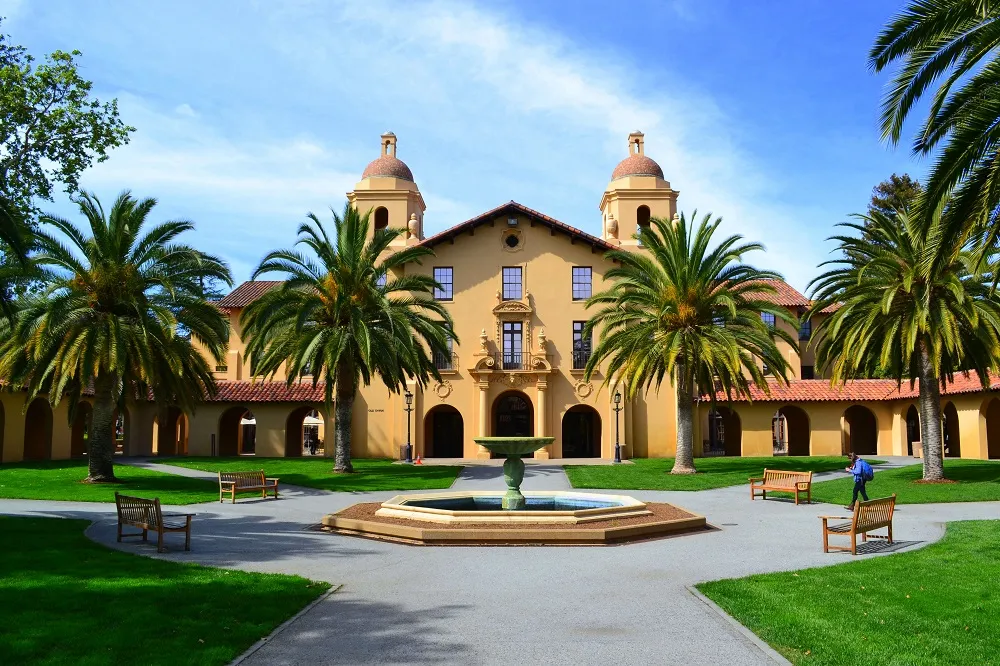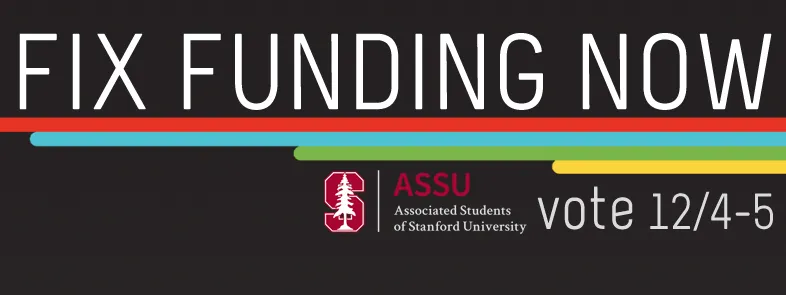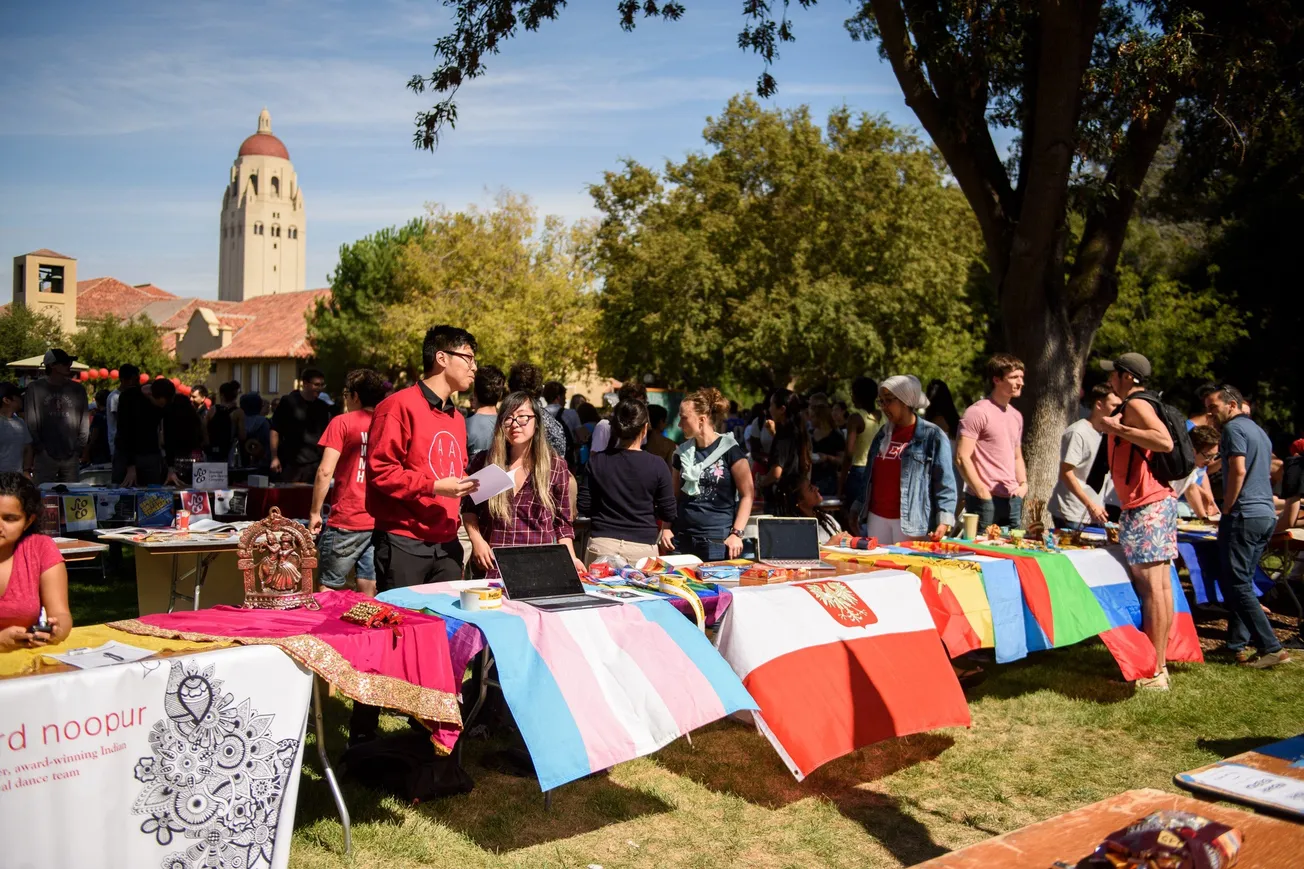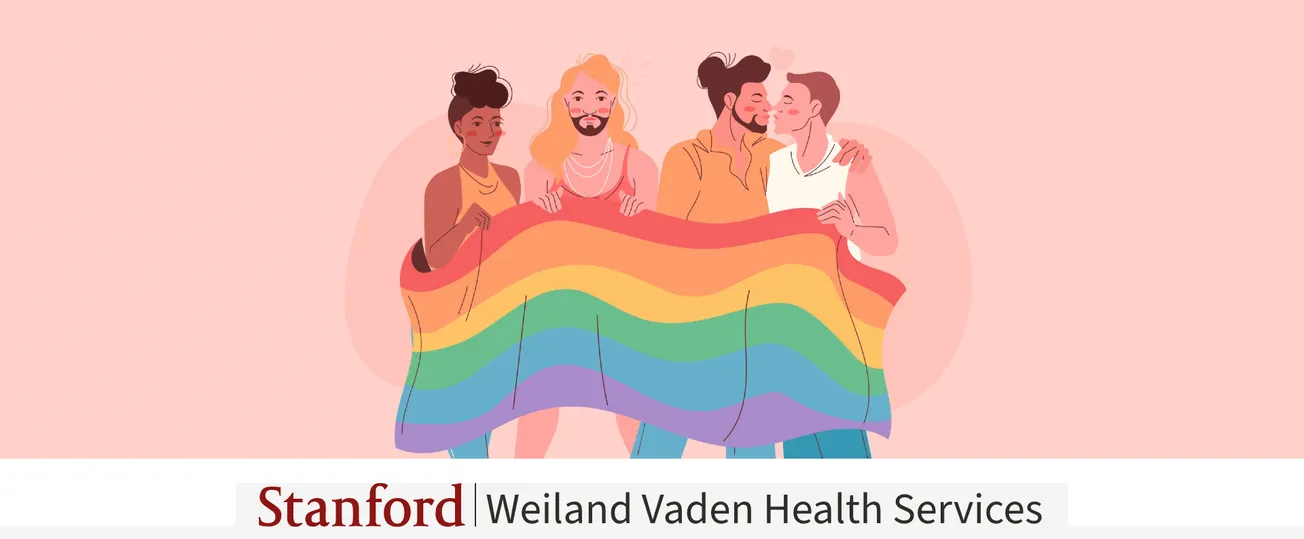Table of Contents
 In just a few weeks, candidates for this year’s ASSU elections will circulate petitions to place their slates on the spring ballot. These candidates will have different backgrounds, constituencies, and platforms, but the ASSU’s election policies will ensure all candidates face a similar obstacle: campaign spending limits. Including donations, executive slates are limited to $1,000; Class President slates, $400. These caps are among the highest among Stanford’s peer institutions. Nevertheless, the ASSU should remove spending caps because they raise free speech concerns and provide campus special interest groups with undue influence in elections.
In just a few weeks, candidates for this year’s ASSU elections will circulate petitions to place their slates on the spring ballot. These candidates will have different backgrounds, constituencies, and platforms, but the ASSU’s election policies will ensure all candidates face a similar obstacle: campaign spending limits. Including donations, executive slates are limited to $1,000; Class President slates, $400. These caps are among the highest among Stanford’s peer institutions. Nevertheless, the ASSU should remove spending caps because they raise free speech concerns and provide campus special interest groups with undue influence in elections.
First, the spending caps violate the ASSU Constitution’s free speech protections. Article I, Section 3 states:
The Association shall enact no legislation […] abridging the freedom of speech, or of the press, or of the right of the people peaceably to assemble and petition the Association for a redress of grievances.
Campaign spending limits do not categorically quash free speech, but they abridge or curtail students’ ability to spread their ideas. While the content of speech remains untouched, these limits restrict the degree to which someone can promote ideas.
Campaign speech across a wide range of media —from verbal communications to paper bracelets to social media posts— aims to influence the student body. This speech costs money. Facebook advertising, flyers, t-shirts, and other forms of speech must be purchased. Rules limiting spending on campaign speech can also limit the speech itself; a donation can serve as a public show of support for a candidate. Money both enables speech and is itself a form of political expression.
There is a compelling argument in favor of campaign limits (even if they do curb speech): students from all socioeconomic backgrounds can have the opportunity to self-fund competitive campaigns. Although this is an admirable and critical aim, there is no mention of this prerogative in the ASSU constitution. In contrast, free speech is a constitutionally protected right for Stanford students. It is not the ASSU’s explicit, constitutional duty to promote socioeconomic diversity within its candidates; it is its constitutional mandate to ensure free speech for all students, regardless of socioeconomic class.
Second, spending limits afford special interest groups undue influence over elections via the endorsement process. Limits protect endorsements’ signaling advantage —an endorsement from trusted and powerful Organization X indicates Candidate A is desirable— at the expense of more expensive direct engagement that can help candidates without endorsements engage with voters. Spending caps are anticompetitive.
Groups such as the Students of Color Coalition (SOCC) wield inordinate influence over wide swaths of students. 60% of Senators elected last year received a SOCC endorsement, making the group’s endorsement one of the most sought-after on campus. The graph below lists vote totals for all Senators elected in the 2014 elections and depicts SOCC’s influence. SOCC-endorsed candidates are shaded in blue; the others are shaded in green. SOCC endorsed every one of the nine most successful candidates.
This chart proves correlation, not causation. Other facts, however, suggest a causal relationship. First, shortly before or during the voting period, sponsor groups contact their members with lists of candidates to vote for; this outreach is effective because students are often initially unknowledgable about the candidates. Second, endorsements are prominently listed on fliers because of their signaling advantage discussed earlier.
Last spring, for example, SOCC thwarted SAFE Reform last spring by using its label to galvanize voters against the funding reform. Hundreds of students shared fliers with the SOCC logo such as the one below on Facebook calling for a “no” vote on SAFE Reform. SOCC’s ability to whip votes was also on full display during the election. A write-in candidate for Senate that SOCC endorsed received 536 votes. Although the candidate did not win, the fact that a write-in candidate was able to garner over 500 votes reflects the scope of SOCC’s influence.
There is often a negative public association, even at the university level, between money and political campaigns. Some of this mistrust is certainly well-founded, as money is sometimes used to obtain improper influence. However, there is also a certain nobility in the relationship between money and campaigns. Campaign spending influences the public debate and engages potential voters. Elections, whether at the Farm or in the Capitol, present a critical opportunity to debate the future of an institution. Money buttresses this debate by providing candidates and potential donors with the ability to engage with the public on a larger scale. At a fundamental level, money in elections is democracy at its finest.








